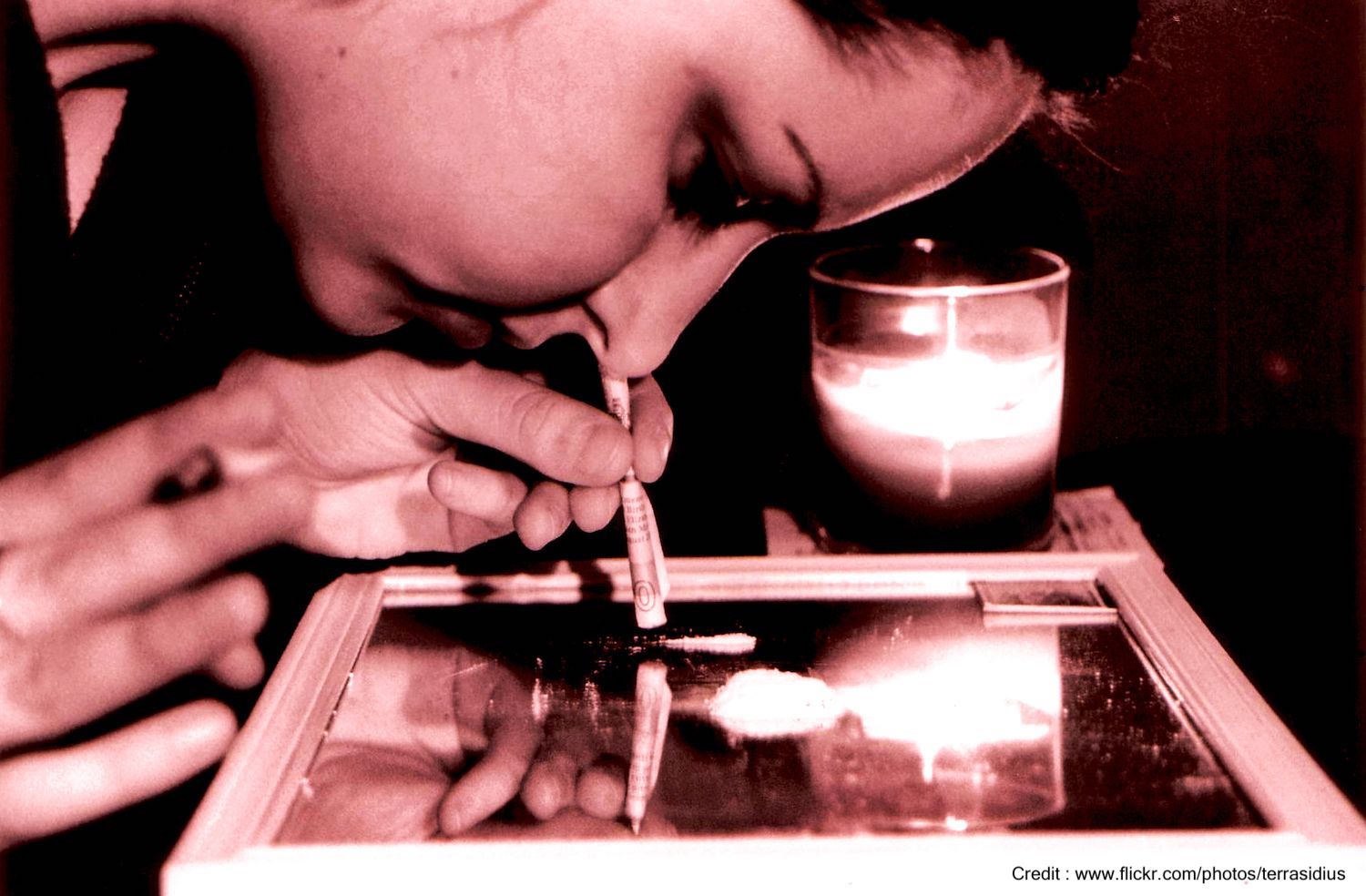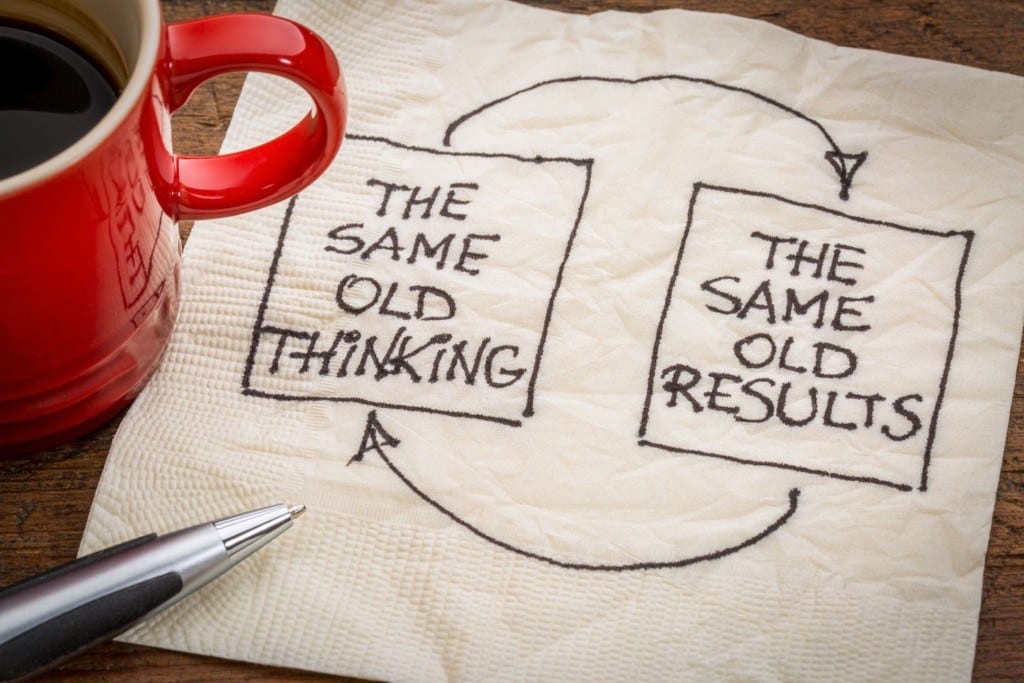Overcoming addiction isn’t easy – and for those who have already tried to change their behaviour on their own – it may feel completely impossible. However, studies show that our brain is remarkably adaptable, and changing negative patterns is absolutely within our reach.
While recognition of the need for addiction treatment is a life-changing shift that should be celebrated, coming to terms with an addiction can be a painful process. You may wonder things like, “how could I have let this happen?” or “why can’t I just control myself?” There may be people around you who have blamed you for your addiction and asked you the same questions. The longstanding misconception that addiction is tied to a lack of willpower or morality is often at the root of this punishing perspective.
The reality is that addiction is far more complex than simply saying “no,” and has little to do with our conscious desire to stop the behaviour. Researchers now know that addiction fundamentally rewires the brain so that the object of your addiction becomes the new centre of your world. This information has had profound impacts on how addiction is viewed and understood, and given insights into what might make treatment for addiction more effective.
Today, studies show that approximately 75% of people who have had an addiction have gone on to recover, leading full, healthy lives. Just as your brain can change as a result of addiction, it can be shaped once again through professional, targeted therapeutic methods to help you overcome dependency. If you’re living with an addiction and want to make a change, it is possible.
What is Neuroplasticity?
It may sound extreme, but in reality, our brain is fundamentally changing all the time through a variety of processes. The natural progression of developing from an infant to an adult results in the creation of new neurons, which transmit information via connections called synapses. These synapses can be formed, strengthened, or weakened based on our activities and patterns of thought. This adaptability of the brain is known as neuroplasticity.
Forming New Connections
If you take up the art of origami, or travel somewhere you have never been before, you are activating the brain to build new synapses. Regularly pursuing new skills and experiences is the basis for forming these connections and have been shown to be effective in helping to prevent cognitive impairments, neurodegenerative diseases, and mental health disorders.
Strengthening Connections
When we do something repetitively, we strengthen neural connections in our brain. It’s like walking down the same path in the woods each day, until it has become well-worn and easy to navigate. Habitual behaviours lead to well-established synapses that the brain defaults to – for better or for worse. This is where addictions form, and why they are so difficult to overcome.
Weakening Connections
When we no longer use certain synapses, these gradually become weaker. This is the brain’s way of clearing out patterns or feelings that are no longer current or relevant. It is what happens when you pick up an instrument you haven’t played in several years and realise it is harder to get the notes right. Weakening connections related to negative thoughts or behaviours can be of great benefit in healing from a mental health or addiction disorder, and tends to result from conscious and consistent redirecting of our ways of thinking.
The brain is an amazingly resilient organ that can heal even from a serious injury, and can make tremendous progress with the right type of therapy. Whether it’s a person who has suffered head trauma in a car accident and slowly learns to walk and talk again, or someone who is able to manage once debilitating anxiety through a combination of stress relief exercises and talk therapy, neuroplasticity is ultimately what allows the possibility of recovery. If you are worried about whether you can ever recover from an addiction, take comfort in the ability of your brain to adapt.
How Does the Brain Get Rewired by Addiction?
Anytime we do something that we find enjoyable, from listening to a favourite song, to taking a bite of a particularly tasty meal, to going on a date with someone we really like, the reward centre in our brain is triggered. This stimulates the release of a neurotransmitter called dopamine that makes us feel relaxed and happy, and links to our motivation and memory. The thought of this will bring up not only positive emotions, but also a sense of anticipation – a feeling of “when will I get to do this again?” This process contributes to the strengthening of pathways, and potentially, the development of a habit.
When substances are involved, there are unusual impacts on the reward centre that create a higher risk for addiction. Drugs like alcohol, nicotine and opiates cause a flood of the neurotransmitter dopamine, resulting in an extreme sense of pleasure and relaxation. Since this reaction is intense, fast, and reliable, the brain latches on to it as a prime way to feel good, which in turn creates cravings for more.
As addiction progresses, tolerance builds, and more and more of a substance is required to get a similar effect. This continued use significantly depletes the brain’s natural dopamine levels, decreasing your ability to take pleasure from almost anything else. Though you may be somewhat aware of the negative impacts addiction has had on your life, the strengthened pathways your brain has developed around the addiction mean many of your thoughts and reactions to it are essentially running on autopilot. The neural connections created by addiction are so strong at this point that you will likely need professional support to recover.
Why Treatment Works to Beat Addiction
The brain’s incredible ability to continue reshaping throughout our lives means that recovery from addiction is possible. To be successful however, practice is essential. Addiction treatment will lay out a variety of ways for you to begin to practice.
Cognitive behavioural therapy (CBT) is a cornerstone of modern addiction treatment and a common way to start rewiring the brain. This type of talk therapy helps people identify connections between thoughts, feelings and actions, analyse these links, and then learn how to practice healthier responses. Being keenly aware of these connections is a key first step in resetting the autopilot response that your brain has developed.
The new skills you learn in therapy will help you to manage stress and anxiety, as well as to begin to shift your outlook and inner narrative. These skills may include activities like journaling, positive visualisation, and relaxed breathing. Incorporating new healthy habits that make you feel good also helps this process, so your treatment may also include yoga or fitness classes, mindfulness meditation, or art classes. As you start to make these practices a part of your new lifestyle, they in turn form and strengthen new neural pathways, and gradually weaken those connected to your addiction. You will create a new path in the woods and walk down it each day, until it becomes well-worn and easy to navigate.
Hitting the Reset Button at The Dawn

The Dawn Wellness Centre and Rehab in Thailand offers a Signature Addiction Programme for clients who want to heal from substance addiction, behavioural addictions, and co-occurring disorders. The fundamental goal of our programme is for clients to achieve and maintain long-term recovery by identifying and addressing root causes of their addiction, and equipping each individual with a personalised set of coping tools to use when dealing with life’s challenges.
Drug and Alcohol Rehab in Thailand
The Dawn is located just outside of the beautiful city of Chiang Mai, Thailand. Accredited by the American Accreditation Commission International, we offer a broad palette of treatment methods to ensure that all aspects of an addiction are fully addressed. Some of our methods include therapies like:
- Cognitive behavioural therapy (CBT)
- A CBT translation of the 12 Steps approach
- Dialectical behavioural therapy (DBT)
- Trauma therapy
- Mindfulness-based cognitive therapy
Additionally, we offer a range of wellness programmes to help rebuild a positive mind-body connection. These include fitness training, yoga, mindfulness meditation, Thai massage, and more.
Our programme, which can be adapted based on each individual’s progress and needs – is delivered by a compassionate, internationally-trained team of counsellors and psychologists who work to maximise outcomes for our clients.
Call us today to learn more about how we can support you in healing from addiction.
Related Posts
 Why is Cocaine So Addictive?
Cocaine was involved in nearly 16,000 overdose deaths in the US in 2017 and the UN estimates between 14 million and 21 million people use cocaine worldwide. Cocaine use can...
Why is Cocaine So Addictive?
Cocaine was involved in nearly 16,000 overdose deaths in the US in 2017 and the UN estimates between 14 million and 21 million people use cocaine worldwide. Cocaine use can...
 Why Cognitive Behavioural Therapy is an Effective Tool for Addiction Treatment
If you or a loved one are struggling with alcohol or drug addiction and facing a daily battle to stop, it’s time to consider cognitive behavioural therapy for addiction treatment....
Why Cognitive Behavioural Therapy is an Effective Tool for Addiction Treatment
If you or a loved one are struggling with alcohol or drug addiction and facing a daily battle to stop, it’s time to consider cognitive behavioural therapy for addiction treatment....
 What is Porn Addiction? An All-Inclusive Guide To Pornography Addiction and Recovery
Porn addiction is a form of behavioural addiction that is characterised by the increasing compulsion to look at pornographic material or content. Years ago, a person suffering from porn addiction would mostly...
What is Porn Addiction? An All-Inclusive Guide To Pornography Addiction and Recovery
Porn addiction is a form of behavioural addiction that is characterised by the increasing compulsion to look at pornographic material or content. Years ago, a person suffering from porn addiction would mostly...
 Why Interpersonal Group Therapy Powers Emotional Healing Best
Addiction and mental health issues take a heavy toll on personal relationships, shattering one’s sense of community and driving people into isolation. An essential part of recovery is learning how...
Why Interpersonal Group Therapy Powers Emotional Healing Best
Addiction and mental health issues take a heavy toll on personal relationships, shattering one’s sense of community and driving people into isolation. An essential part of recovery is learning how...





